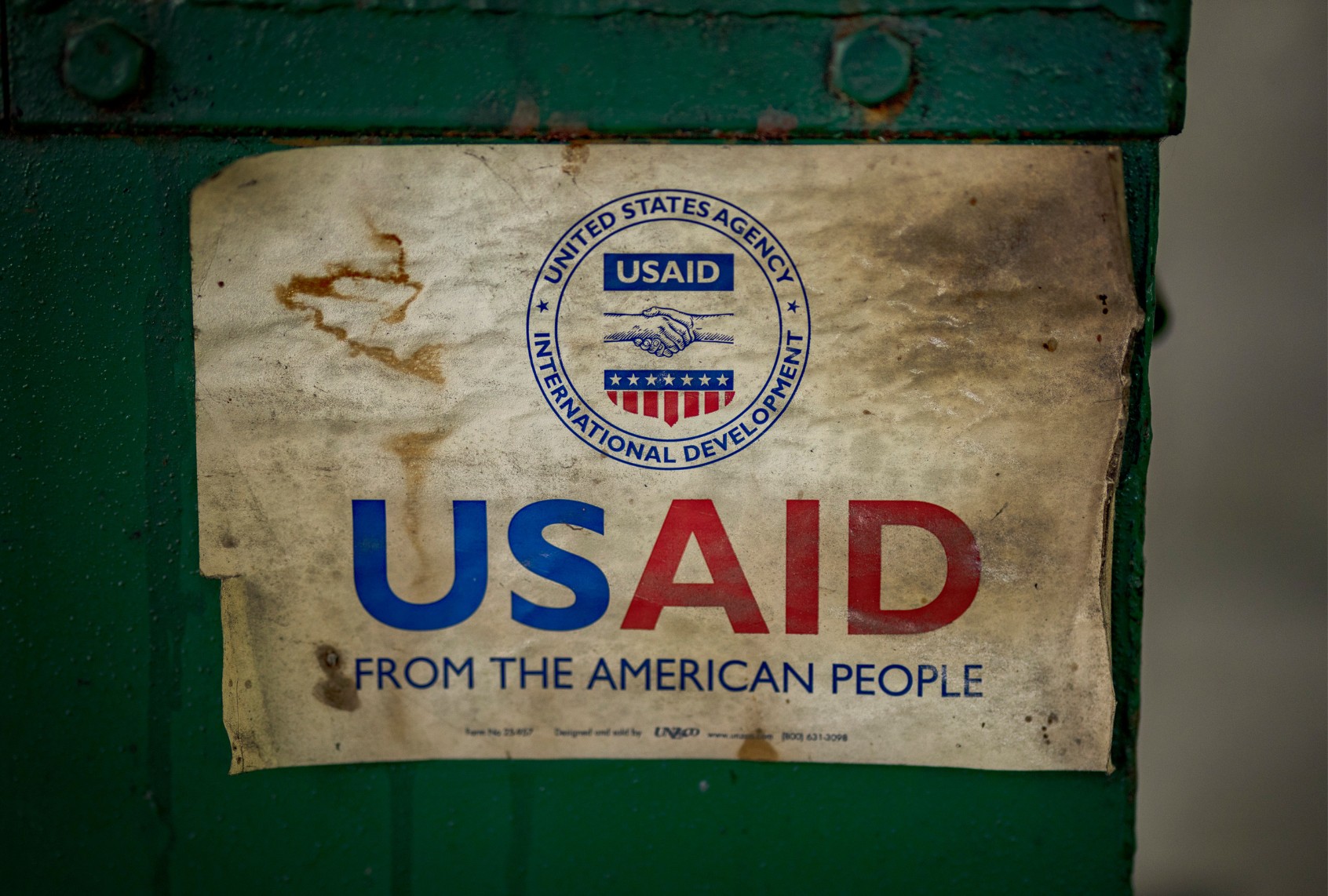The Trump administration’s significant reductions to the United States Agency for International Development (USAID) have raised concerns about the long-term implications for global health. Critics argue that these cuts not only threaten humanitarian efforts abroad but also diminish America’s standing as a leader in global diplomacy and soft power.
Historical Context of USAID and its Role
USAID was established in the aftermath of World War II, influenced by the principles of the Marshall Plan championed by General George C. Marshall. The agency has played a crucial role in projecting American influence through humanitarian assistance, a strategy that contrasts sharply with more coercive forms of power. In the early years following its establishment, USAID facilitated economic recovery in Europe and supported emerging nations, thereby promoting stability and reducing the influence of adversarial powers.
Former Defense Secretary Jim Mattis highlighted the importance of soft power during a Congressional testimony, stating, “If you don’t fund the State Department fully, then I have to buy more ammunition.” His remarks underscore the necessity of diplomatic and humanitarian efforts in fostering global stability.
Despite its successes, the Trump administration initiated a series of cuts to USAID, which culminated in a dramatic reduction of its budget. Assistance to Zambia, for instance, plummeted from a peak of $409 million in 2024 to just $61.6 million in 2025, a staggering decline of 85%.
The Humanitarian Impact of Funding Cuts
The ramifications of these funding cuts are already evident. For instance, over half of the reduced funds earmarked for Zambia are intended for combatting HIV/AIDS. While the current budget allocates $34 million for this purpose, it pales in comparison to the historical average of $147.7 million. Such drastic reductions jeopardize the ongoing treatment and support for thousands of individuals reliant on these essential health services.
Moreover, the funding decrease affects broader public health initiatives, including the fight against malaria and tuberculosis, diseases that disproportionately impact vulnerable populations. USAID’s funding for malaria control in Zambia, which had previously contributed to a significant decline in infection rates, now faces cutbacks that threaten to reverse years of progress. Experts warn that inadequate funding will lead to increased morbidity and mortality rates among those who rely on these programs.
In addressing allegations of waste and inefficiency within USAID, it is crucial to recognize that the agency’s stringent oversight protocols were designed to prevent misuse of funds. Every expenditure underwent meticulous scrutiny to ensure accountability, with external audits regularly conducted. While operational challenges existed, they were not indicative of widespread corruption but rather a reflection of the complexities involved in delivering aid effectively.
The Trump administration’s approach, characterized by abrupt layoffs and the appointment of unqualified personnel, further destabilized the organization. Initial intentions to streamline USAID devolved into a dismantling of its core functions, culminating in its integration into the State Department without the requisite assurances of continued support for vital humanitarian programs.
Global Perception and American Influence
The abandonment of USAID’s mission has profound implications for America’s global standing. Public perception of the United States, once viewed as a steadfast ally to developing nations, has deteriorated. The result of these policy shifts is a growing sentiment of betrayal among nations that have historically relied on American aid for their development and stability.
As President Trump’s administration prioritizes domestic interests, the broader consequences of isolating American diplomacy are apparent. Countries that previously benefited from U.S. assistance are increasingly turning to other global powers, notably China, for support. This shift in allegiance undermines American influence and could destabilize regions that depend on U.S. aid to address pressing health crises.
The humanitarian consequences of dismantling USAID extend beyond borders. The National Institutes of Health (NIH) has also faced budget cuts, resulting in halting critical clinical trials that support thousands of patients. The implications for both American citizens and international communities are significant, raising ethical questions about America’s commitment to global health.
The decision to prioritize short-term political gains over long-standing humanitarian commitments highlights a fundamental misunderstanding of global interdependence. As the Trump administration continues to reshape the landscape of American foreign aid, the long-term effects on global health and stability remain to be fully realized. The legacy of USAID, rooted in compassion and a commitment to fostering global development, is at risk of being overshadowed by a narrow, isolationist agenda.
